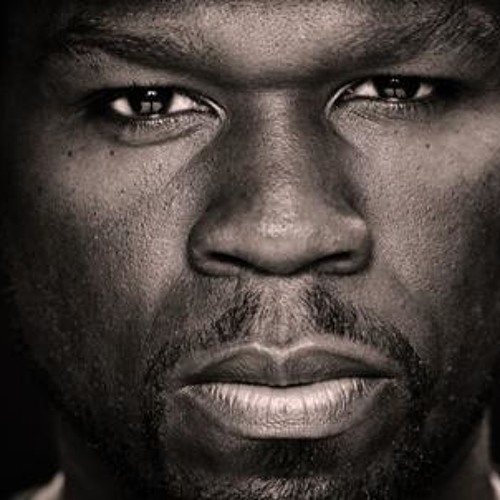
In fact, it’s like two negatives make a positive. You can make a bad thing sound even worse, make an elaborate account, and make people think it’s nonsense when they see it. Netizens nowadays are more thoughtful than before. Regarding the three roles that you play, is that a common tactic? Or are there other ways? Sometimes I feel like I have a split personality. You could say we’re like directors, influencing the audience through our own writing, directing and acting. We influence the third group mainly through role-playing between the other two kinds of identity. The third type is the onlookers, the netizens. At the end of the argument, the leader appears, brings out some powerful evidence, makes public opinion align with him and the objective is achieved. This will attract attention from observers. The role they play is to continuously debate, argue, or even swear on the forum. There are two opposing groups of followers.

The public usually finds such users very convincing. The leader is the relatively authoritative speaker, who usually appears after a controversy and speaks with powerful evidence. In a forum, there are three roles for you to play: the leader, the follower, the onlooker or unsuspecting member of the public. In sum, you want to create illusions to attract the attention and comments of netizens. You can’t write in a very official manner, you must conceal your identity, write articles in many different styles, sometimes even have a dialogue with yourself, argue, debate. After we’ve found the relevant articles or news on a website, according to the overall direction given by our superiors we start to write articles, post or reply to comments.

Usually after an event has happened, or even before the news has come out, we’ll receive an email telling us what the event is, then instructions on which direction to guide the netizens’ thoughts, to blur their focus, or to fan their enthusiasm for certain ideas. Receiving a task mainly involves ensuring you open your email box every day. The process has three steps – receive task, search for topic, post comments to guide public opinion. Sometimes it specifies the website to comment on, but most of the time it’s not limited to certain websites: you just find relevant news and comment on it. When and from where will you receive directives for work?Īlmost every morning at 9am I receive an email from my superiors – the internet publicity office of the local government – telling me about the news we’re to comment on for the day. I’ve always been in the news media industry, for four or five years now.Over a year ago, a friend asked me if I wanted to be an online commentator, to earn some extra money.
TERRARIA 1.2.4 PC TV
I once worked for a TV channel, then in online media. I graduated from university and studied media. What is your level of education and work experience? How did you begin the work of guiding public opinion? It doesn’t matter what you call it: online commentator, public opinion guide, or even “the 50-Cent Party” that everyone’s heard of. Events and Offers Sign up to receive information regarding NS events, subscription offers & product updates.
TERRARIA 1.2.4 PC ARCHIVE
From the archive A weekly dig into the New Statesman’s archive of over 100 years of stellar and influential journalism, sent each Wednesday.

Weekly Highlights A weekly round-up of some of the best articles featured in the most recent issue of the New Statesman, sent each Saturday. The Culture Edit Our weekly culture newsletter – from books and art to pop culture and memes – sent every Friday. This Week in Business A handy, three-minute glance at the week ahead in companies, markets, regulation and investment, landing in your inbox every Monday morning. Green Times A weekly round-up of The New Statesman's climate, environment and sustainability content. The New Statesman Daily The best of the New Statesman, delivered to your inbox every weekday morning. World Review The New Statesman’s global affairs newsletter, every Monday and Friday.

Morning Call Quick and essential guide to domestic and global politics from the New Statesman's politics team. Sign up for The New Statesman’s newsletters Tick the boxes of the newsletters you would like to receive.


 0 kommentar(er)
0 kommentar(er)
